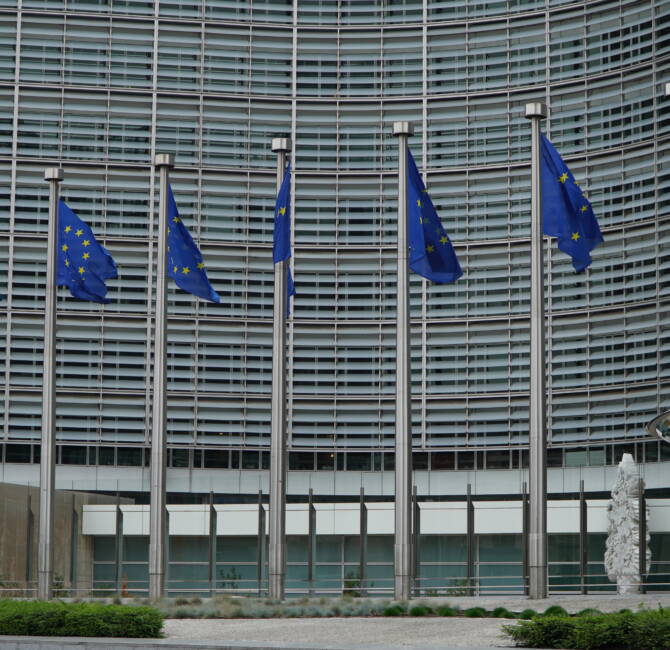By Olivier Bault.
Hungary – The cancellation of a contest organised by the US State Department in order to assign 700.000 dollars to Hungarian opposition media of the countryside illustrates a turning point in the relations between Washington and Budapest. This is the late consequence of the election of Donald Trump. This election had not hindered in November 2017 the Bureau of Democracy, Human Rights and Labor (DRL) of the US State Department to start this contest, but – according to the investigation of the Hungarian (anti-Fidesz) information portal Index.hu – it had been obviously done without informing Aaron Wess Mitchell, the new Assistant Secretary of State for European and Eurasian Affairs who replaced Victoria Nuland in October 2017. The Hungarian portal attributes the decision of starting this quite unusual contest for a country member of EU and NATO to those that it calls “Obama’s orphans” within the State Department. Victoria Nuland had been appointed by Obama and maintained very bad relations with the Hungarian government, in contrast of Mitchell who seems to be very appreciated in Budapest and in the other capitals of the Visegrád Group (V4).
The United States changes its approach with Hungary
Officially, the contest started at the beginning of November has not been cancelled but no proposition has been taken into consideration and the State Department decided to change its approach. Anyway it is the explanation given by the press agent of the US embassy in Budapest to the Hungarian weekly magazine Nyomtass te is!. The fact remains that this contest had lead to tensions between the Hungarian government and the Chargé d’Affaires David Kostelancik, appointed to this position in January 2017 for the time until the appointment of an ambassador. Kostelancik is himself an orphan of Obama and did openly support the Hungarian opposition, like his predecessor André Goodfriend, appointed by Barack Obama, had done it.
Today, after several years with just a Chargé d’Affaires, the United States have appointed an ambassador in Budapest again. And the ambassador David Cornstein, appointed by Donald Trump, is, in contrast to the former Obamian Chargés d’Affaires, very laudatory regarding Viktor Orbán and his team. Another support for Hungary against Western European critics, including the unfounded accusations of antisemitism, are the Israeli government and Prime Minister Benjamin Netanyahu, who speaks of his Hungarian counterpart as a “real friend of Israel”.
Concerning the phenomenon of mass immigration, Donald Trump thinks like Viktor Orbán
Furthermore, Hungary has confirmed after the recent NATO summit that she intends to fulfill her commitment to dedicate 2 % of her BIP to her defence until 2024 and is on the same wavelength with Donald Trump concerning immigration. This is the second country, after the United States that did it in December, to announce, now in July that it will not sign the Global Compact for Safe, Orderly and Regular Migration (GCM) of the United Nations. The Hungarian government has presented the same kind of arguments as the US President for justifying its decision, namely that this Global Compact would oblige to open widely the borders to immigration. The last measure adopted last week by the Hungarian parliament was a law that will impose a taxation of 25% on the subventions and donations to organisations supporting immigration, while the revenues from that taxation will be dedicated to border control.
Under these conditions, a rapprochement between Washington and Budapest, like the one between Washington and Warsaw and the American support to the Three Seas Initiative is a logical thing. One had only to wait for the departure of Obama’s orphans who infiltrated the State Department.
This article was originally published in French on Réinformation.tv – Translation by Visegrád Post




